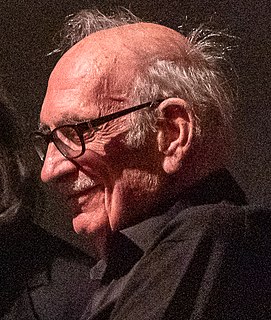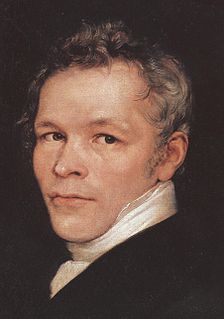A Quote by Frederick C. Beiser
All the spookiness comes from giving a contemporary anachronistic sense to terms whose historical meaning is lost to us.
Quote Topics
Related Quotes
let us thank God for having made us this gift of death, so that life is to have meaning; of night, that day is to have meaning; silence, that speech is to have meaning; illness, that health is to have meaning; war, that peace is to have meaning. Let us give thanks to Him for having given us weariness and pain, so that rest and joy are to have meaning. Let us give thanks to him, whose wisdom is infinite.
We probably have, right now, after the Civil Rights movement - and this was very unfortunate - the most glaring time of giving up on Africa, saying we're Americans. We are Americans. I'm not arguing that point. So are the Italians. So are the Germans. So are the Jews. We're Americans with an historical geography of origins outside of the United States as all people, maybe except the indigenous Americans who came here so long ago, who have generations of people whose historical origins are right here but whose initial historical origins are somewhere in Asia.
When a candidate for public office faces the voters he does not face men of sense; he faces a mob of men whose chief distinguishing mark is the fact that they are quite incapable of weighing ideas, or even of comprehending any save the most elemental - men whose whole thinking is done in terms of emotion, and whose dominant emotion is dread of what they cannot understand. So confronted, the candidate must either bark with the pack or be lost... All the odds are on the man who is, intrinsically, the most devious and mediocre.
As soon as you look at the world through an ideology you are finished. No reality fits an ideology. Life is beyond that. That is why people are always searching for a meaning to life. But life has no meaning; it cannot have meaning because meaning is a formula; meaning is something that makes sense to the mind. Every time you make sense out of reality, you bump into something that destroys the sense you made . Meaning is only found when you go beyond meaning.

































